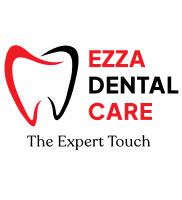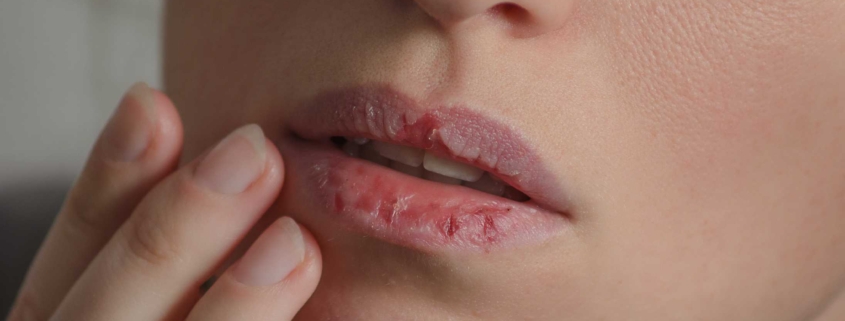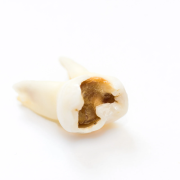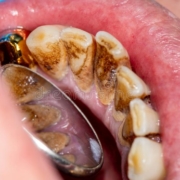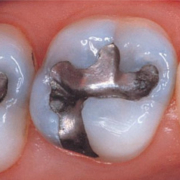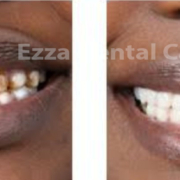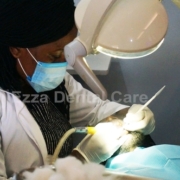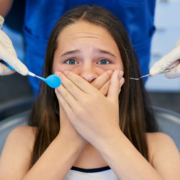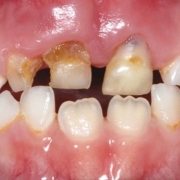Xerostomia: Causes, Symptoms and Treatment
What is Xerostomia?
Xerostomia in lay man’s terms is “the sensation of a dry mouth.” This can be due to a decrease in saliva secretion, which is the more common cause and also due to neurotic causes, which are rare but still present. Saliva plays a huge role in our day to day lives and is one of those things whose importance you do not really appreciate until it is gone. Saliva is important for speech, for swallowing, for digestion, for protection against trauma and even has some elements that protect against disease. In its absence, all these are compromised and so one’s quality of life is bound to decrease.
What causes Xerostomia?
Xerostomia can be caused by several factors, which are classified into three: organic causes. functional causes and drugs.
1. Organic causes
These are factors which affect the salivary glands and can be diseases or external factors like radiation. They include Sjogren’s syndrome, irradiation, mumps, HIV infection, Amyloidosis, hemochromatosis among others.
2. Functional causes
These affect the production of saliva by compromising the raw materials’ availability. They include; dehydration, hemorrhage, excessive vomiting and or diarrhea, and so on.
3. Drugs
There are drugs which affect the production of saliva negatively and one must inform their doctor if they have a persistent sensation of dry mouth when they are taking medication. Examples of some of the classes of these drugs are diuretics, antimuscarinics, antihistamines, antiemetic’s, neuroleptics and tricyclic antidepressants.
Symptoms of Xerostomia
Symptoms of Xerostomia include unpleasant taste, difficulty in eating dry food, soreness and reddening of the mucosa in the oral cavity, among others. These symptoms can appear in conjunction with others depending on what has caused the Xerostomia. One can also have a sensation of dry mouth in presence of normal salivary flow in which case, it should be handled by psychological support.
Treatment of Xerostomia
This is done depending on what has caused the Xerostomia. One may be encouraged to rehydrate or to take many small sips of water during the day. They may also be encouraged to chew sugar free gum in order to stimulate salivation. There’s artificial saliva on the market and this may be prescribed. Saliva stimulating medication for example pilocarpine or cevimeline could be prescribed.
